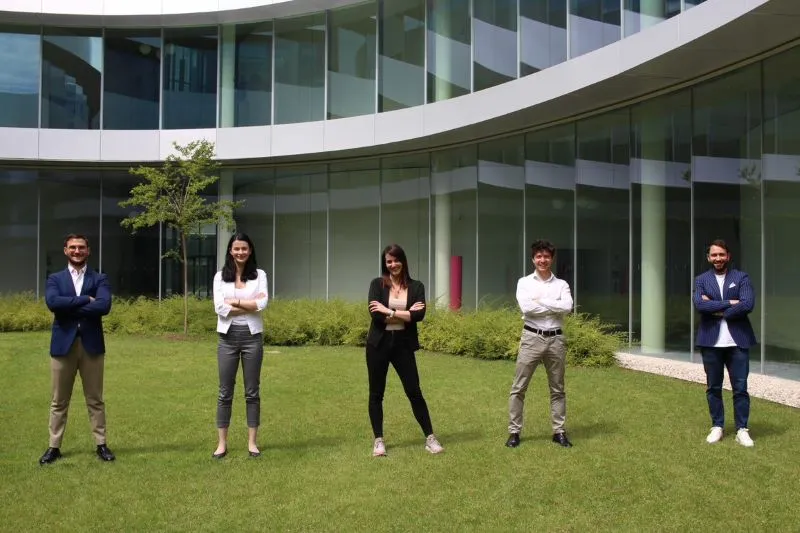
SDA Bocconi Team Wins the Amazon Pathways MBA Challenge
You log in to the website, pick what you need among a virtually limitless range of items and make your purchase in a few clicks. In a very short time, even the following day at times, what you have bought is comfortably delivered to your home. That's e-commerce, with growing volumes year on year. And with the pandemic shutting down brick-and-mortar stores and restricting physical movements, it has become familiar even to those who had never used it before.
US giant Amazon, founded by Jeff Bezos in the mid-1990s, is the absolute leader in the industry. Amazon itself launched a competition, called "Amazon Pathways MBA Challenge 2021", which has involved 600 students, divided in 120 teams, from MBA programs in some of the most important business schools in Europe, including IESE, HEC, London Business School, Insead, IE, ESADE, Manchester Business School and SDA Bocconi School of Management.
Competition was kicked off in January and lasted four months. Flavia Serafini, Eszter Sztranyay, Marco Camaioni, Giovanni Piervincenzi and Marco Sborgia made up the Bocconi team, mentored by Michele Nava, Head of Operations Italy at Amazon Shipping and SDA Bocconi MBA alumnus.The team presented their final paper on 7 May before a panel of Amazon Europe managers and won the final over the ESADE, LBS and HEC teams.
"We were assessed in three rounds," Marco Camaioni explains. "We had to examine a series of cases from Amazon's operations, concerning inventory and warehouse management and transportation flows in the Fulfillment, Transportation and Logistics segments. We would face an opposing team at each stage, and the team whose work was deemed best passed on to the following round."
Besides succeeding in the competition, participants struck a positive balance from many other points of view: "It has been a huge learning experience," Marco Camaioni said, "allowing us to get to know the various stages in Amazon's processes. Getting personally in touch with what Amazon does gave us a close overview of how complex their functioning is in order to achieve the levels of efficiency they are well-known for".